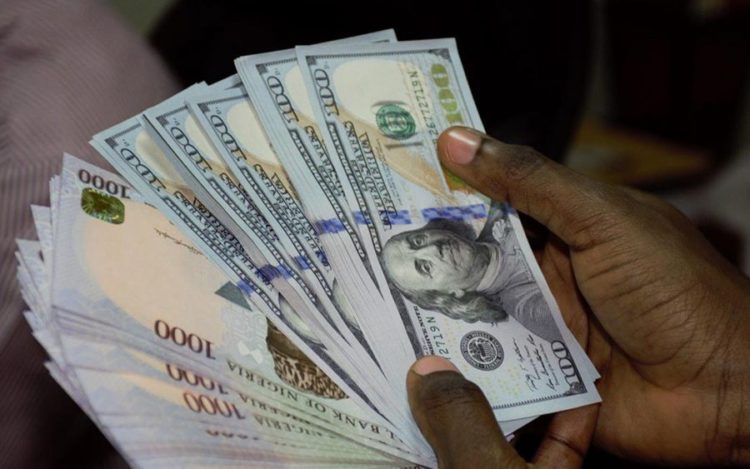Naira Decline by 55% in 2023, fall to continue – Bloomberg

Bloomberg’s market analysis reveals a staggering 55% depreciation of the naira this year, reaching about 1,043 to the dollar as of Thursday. This positions it as the second-worst performing currency among 151 tracked by Bloomberg, trailing only the Lebanese pound and the Argentine peso.
Furthermore, Nairametrics’ daily FX watch confirms the worrying trend.
It shows the naira slumping to a new low of N1,043.09 per dollar on December 28, 2023 in the official market, represents a significant 16.35% depreciation compared to the previous closing rate, just three days before the new year.
This marks the second time the naira has crossed the N1,000/$ threshold this year, signifying a considerable devaluation and raising concerns about its impact on the economy.
The market analysis also highlights the foreign reserve’s decline to a six-year low, largely due to pending short-term overseas obligations. The Central Bank’s annual financial statement published in August reveals two securities lending agreements with JP Morgan Chase & Co. for $7 billion in 2021 and two of $500 million with Goldman Sachs Group Inc.
In addition, JP Morgan estimates Nigeria’s net FX Reserve to be around $3.7 billion, significantly lower than the net figure of $14 billion reported at the end of 2021.
“Based on partial information from the audited financial accounts, we estimate that CBN’s net FX reserves were around US$3.7 billion at the end of last year, from US$14.0 billion at the end of 2021,” the financial service firm stated.
The devaluation of the naira is attributed to factors such as President Bola Tinubu’s reforms, including the unification of the foreign exchange rate.
Vetiva Capital Management Ltd. suggests that unless the Tinubu administration attracts international investors or increases oil production, the naira’s decline might continue.
“It’s clear that further devaluation — alongside tighter monetary policy — is needed to reduce imbalances in the FX market,” Patrick Curran, a senior economist at Tellimer Ltd., tells Bloomberg.
The market analysis believes significant rise in external reserves, substantial increase in foreign exchange inflows and reduction in money supply could positively impact the currency.




